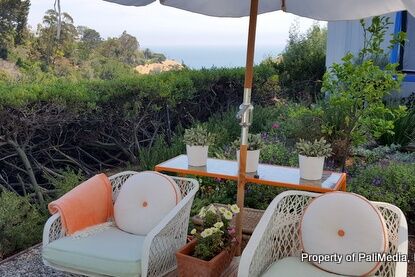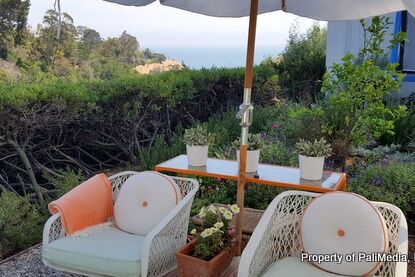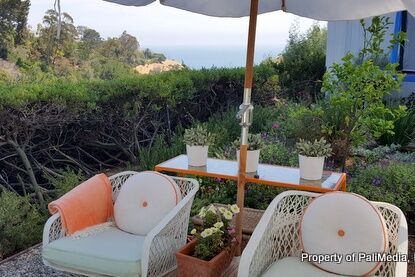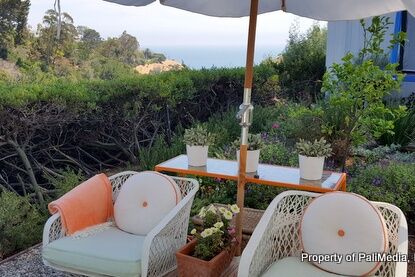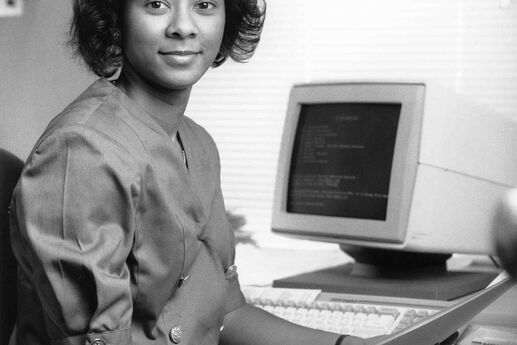The Health Crusader: Nicole Hernandez
When Nicole Hernandez was diagnosed with type-1 diabetes in 2007, her world turned upside down. But she was determined to triumph over the disease. The now-26-year-old Cubana took action by educating herself and becoming more health conscious.
“I understood why learning what I put in my body and how it would affect me was very important,” Hernandez says. “Learning how to have a healthy balance between my diet and type-1 diabetes was hard to accomplish. But I think I am at a very good place now.”
In 2009 Hernandez began participating in the Juvenile Diabetes Research Foundation (JDRF) walk at Miami Metro with family friends. After her second year she wanted to do more for the cause, so she created the Art of a Cure Fundraiser. The annual event is an autumn evening of food, drinks, a silent auction and networking. To date, Art of a Cure has raised over $32,500 for the JDRF.
In addition to raising money, Hernandez has used the fundraiser to increase awareness of the disease. As the chair of the Young Leadership Committee of the JDRF of South Florida, she believes it’s her mission to spread the word in her community and help other Latinos with the disease stay healthy.
“If anyone asks me a question, I am very open about talking about type-1 diabetes,” she says. “And, when I hear of someone’s diagnosis, I try to reach out to them and offer my support.”
Hernandez hopes that eventually Art of a Cure Fundraiser will assist the JDRF in finding a cure for the disease. “My goal is for this small event to grow into an evening where thousands attend and millions of dollars are raised.”


